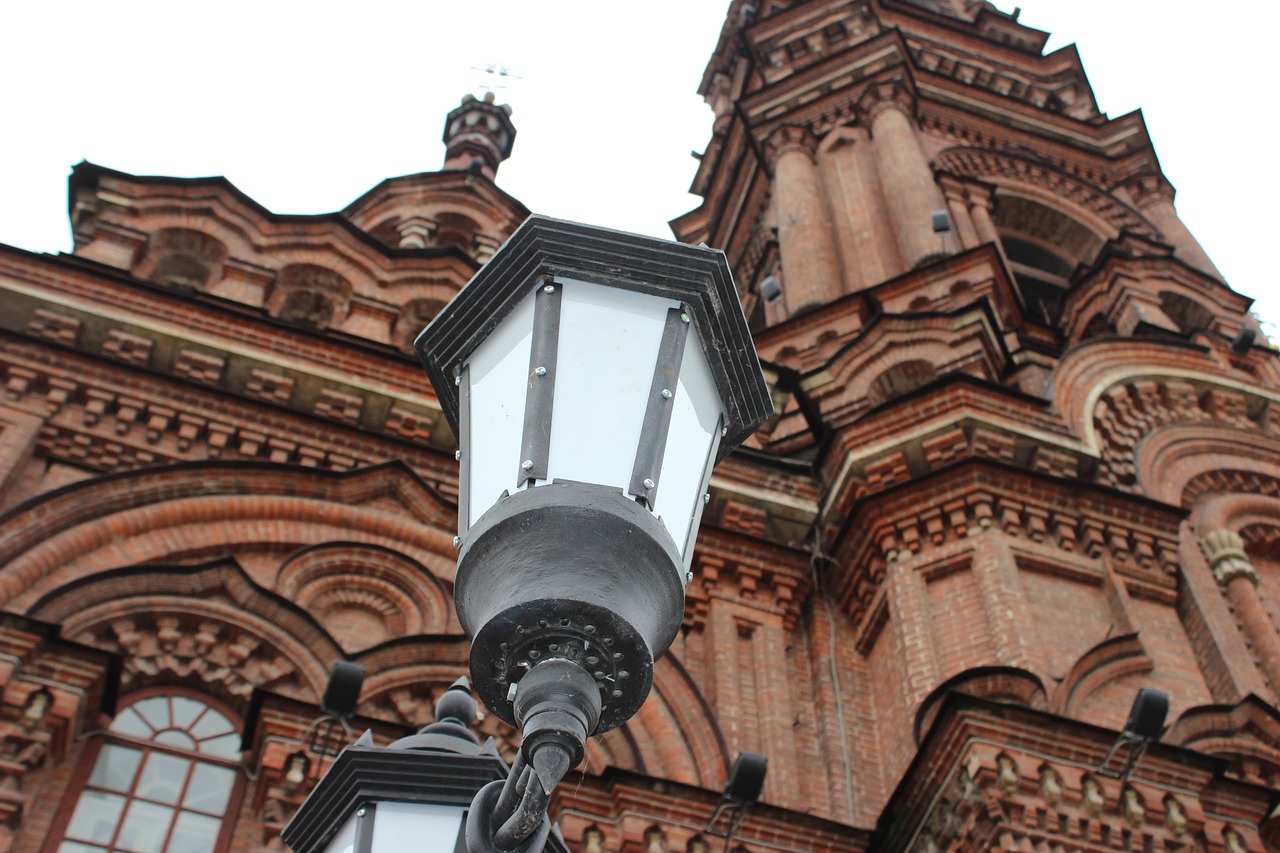
Russia has had a productive first quarter as president of BRICS, with a number of new initiatives announced or in the works. As conflict in the Middle East ensnares one of its members, Iran, the remainder of its presidency is bound to be even busier.
In an interview with TV BRICS, Russian Deputy Foreign Minister Sergey Ryabkov shed some light on the progress made so far in 2024 and what to expect.
Here are five takeaways from that wide-ranging interview.
With thanks to GlobalChinaDaily.com for publishing the text.
2024 was an unprecedented year for Russia
“I would like to say that we entered 2024 with no historical experience of expanding unification. It wasn’t clear how the lapping process would go and what would come of it,” he said. “But today, with a third of the Chairmanship behind us, the engagement has gained full momentum and we are moving at an increasing pace towards success. I’m pretty sure of it.”
This year’s BRICS summit will be another milestone
After last year’s historic summit in South Africa, with all its controversy surrounding President Vladimir Putin, Ryabkov appears confident that this year’s summit on Russian soil will be equally significant.
“I think that the summit in Kazan this October will mark the achievement of new heights in the interaction between the BRICS countries,” he said.
“I think it will certainly emphasise not just the growing importance of BRICS, but also the policy-shaping function of the Russian chairmanship.”
A loud and clear consensus in geopolitics
Six countries were invited to join BRICS following the 2023 summit. Despite concerns about how an expanded alliance will function, Ryabkov suggested that such worries were unfounded.
“At the end of one-third of our chairmanship, we can state that the leaders have taken a decision that has made BRICS unequivocally stronger. It has declared itself even louder as an influential system of interaction, a key link in the emerging architecture of a multipolar world,” he said.
“It is also important how exactly the accession of new countries to BRICS took place. These states were invited on an equal basis with the founders. Any decisions in the group are made by consensus.”
A packed schedule
According to the deputy minister, the chairmanship’s programme is extensive, “with a calendar of more than 250 diverse events.”
From finance to artificial intelligence, cooperation is king
Much of the coverage of BRICS has focused on its members ditching the US dollar, aka “de-dollarisation”, but Ryabkov made it clear that the scope of collaboration is vast.
Here are some of the initiatives that have been established or are under way:
-The BRICS Bridge: Settlements in stable coins or the option of creating a platform to unite the financial systems of its members. This implies the docking of the existing systems of digital currencies of central banks in BRICS countries. The possibility of interconnecting national financial messaging systems is being discussed.
– An action plan on innovation cooperation is being developed, as well as a network of BRICS centres for technology transfer.
-Cooperation between science parks and business incubators in the iBRICS innovation network is well established.
-There are plans to connect research centres and higher education institutions, promote dialogue in the field of digital education, and build the capacity of the BRICS Network University, including bringing in new universities. The BRICS Network University is a union of higher education institutions of BRICS member countries, whose aim is to enhance educational cooperation, especially around research and innovation.
-Artificial intelligence: According to Ryabkov, BRICS wants to “achieve results that will set the bar high on the world stage.” For context, at last year’s summit in Johannesburg, BRICS members announced plans to form an AI Study Group to expand cooperation on AI and create technologies that are more secure, reliable, controllable and equitable.
– A working group on nuclear medicine met in Moscow in February. It included leading representatives of major medical research centres, manufacturers of medical isotopes and radiopharmaceuticals. Ryabkov pointed out that Russia’s achievements in this area are undeniable. He said the Rosatom State Corporation was a world leader.
-Finally, this year’s BRICS calendar also features a number of cultural and sports events, not least of which is the BRICS Games, which is expected to attract 3,000 athletes in 30 sport events.

